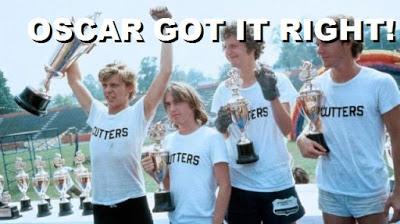Roberto Benigni: Life is Beautiful
Steven Spielberg: Saving Private Ryan (winner)
John Madden: Shakespeare in Love
Terrence Malick: The Thin Red Line
Peter Weir: The Truman Show
What’s Missing
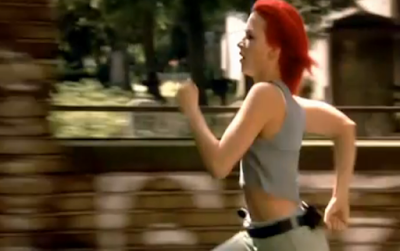
In a year like this, I feel it’s important to remind readers of this blog that when I talk about Best Director, I try to think of this award as representing the best storytelling of the year. To that end, there are some films whose directors I think might belong here. Foreign movies always have the hardest time with a nomination, so it’s perhaps not surprising that both Thomas Vinterberg and Tom Tykwer were ignored for The Celebration and Run, Lola, Run respectively. Tykwer in particular is a big miss here. Sam Raimi was still viewed as a horror/B-movie director in 1998, so no one expected a solid noir like A Simple Plan. Both Pi from Darren Aronofsky and Happiness from Todd Solondz might have been too brutal and dark for Oscar to love them. As for Wes Anderson and Rushmore, he may have just been too new.
Weeding through the Nominees
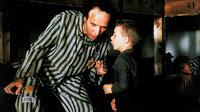
5. Movies that are not in English and performances/directorial efforts in same tend to be lucky if they get a nomination come Oscar time. Often, there’s a token movie that gets a lot of play and other non-English movies get ignored. In the case of Best Director for this year, Roberto Benigni’s work on Life is Beautiful does less for me than the two I mentioned above. If we’re going to have only a single non-English movie nominated for its direction, my choice is going to be Tom Tykwer every day and twice on Sunday. I get the love; I just don’t completely agree with it.
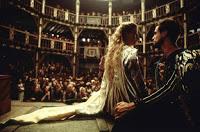
4. The other film I wouldn’t have nominated here, or more accurately the other director I would have left off this list, is John Madden for Shakespeare in Love. In truth, I think this movie is unfairly maligned in a lot of respects. It certainly didn’t deserve to win Best Picture, but the backlash against it was more than it deserved. Still, I don’t know that Madden did anything terribly special for this movie. What he did was fine, I guess, but for whatever reason, the Academy became enamored of this film this year, so it showed up in a lot of places.
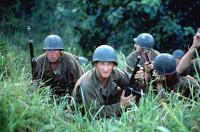
3. Terrence Malick is one of those directors who has his legion of fanboys just like Quentin Tarantino and Christopher Nolan. It’s jus that Malick’s fanboys are much more likely to own a beret and Kieslowski’s Three Colors trilogy (incidentally, I fit one of those criteria). I think it could be argued that Malick deserves some sort of Best Director award, and yet, while I think so many of his films are beautiful, they are also often vague. The Thin Red Line is no different. While gorgeous and with surprising action sequences, the film has a muddled voice in many ways, and that’s not a good thing when it comes to storytelling.
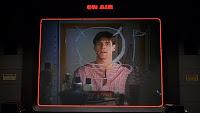
2. I really, really like The Truman Show. Of these five movies, this is the one I’m the most likely to watch over and over. It’s a good reminder that there is so much evidence that comedy is harder than drama. Plenty of dramatic actors can’t do comedy, while Jim Carrey makes this look effortless. Some of that has to be the work of Peter Weir, who manages to create a world within a world so beautifully that his performance in the director’s chair looks effortless as well. In a different year, I could see Weir winning.
My Choice
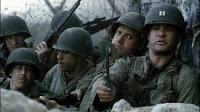
1. There are times when you can tell why a person or a film wins a specific Oscar. George C. Scott won for Patton because of the opening speech; Ben-Hur won (and should have) for the chariot race. Spielberg won for Saving Private Ryan for the opening sequence. That the rest of the film, as good as it is, doesn’t live up to those opening moments is no knock on the film. What could? It’s perhaps the most memorable sequence of film in its decade (until Keanu bends backwards to avoid bullets the following year). You can argue if you will, but I’m not taking this away from Spielberg.
Final Analysis
